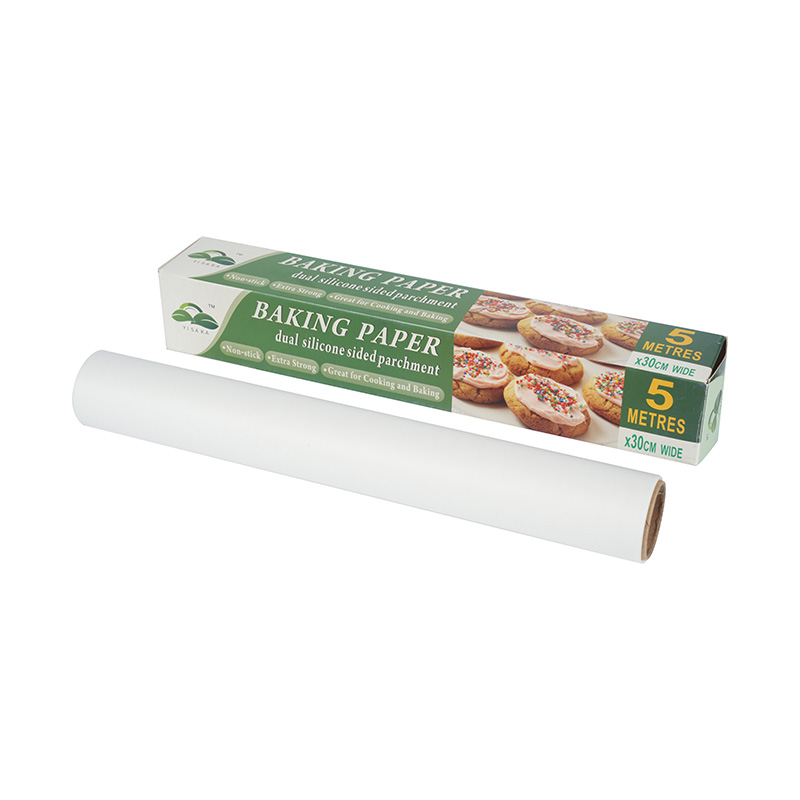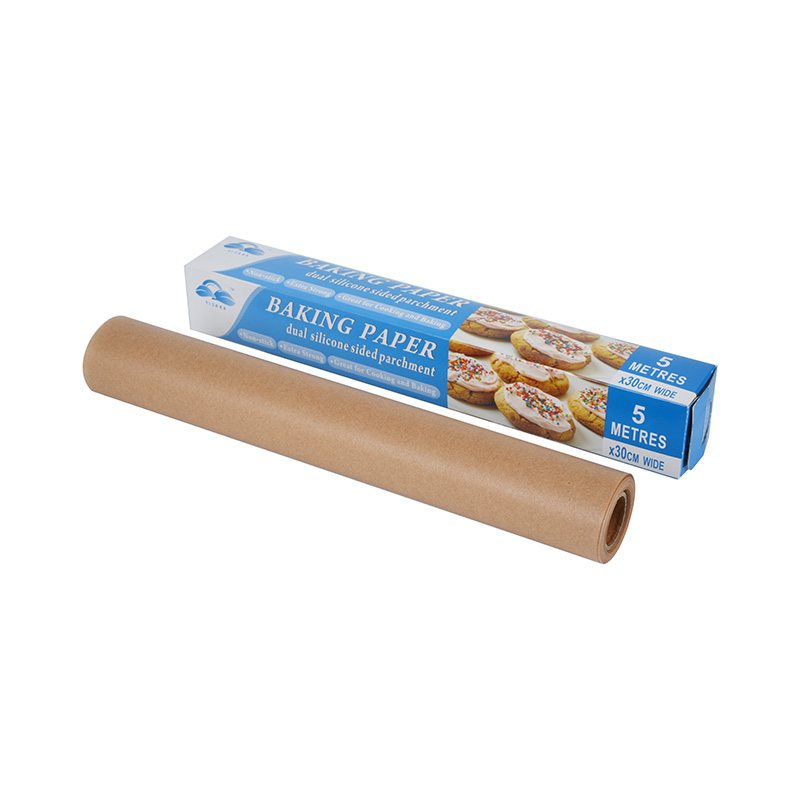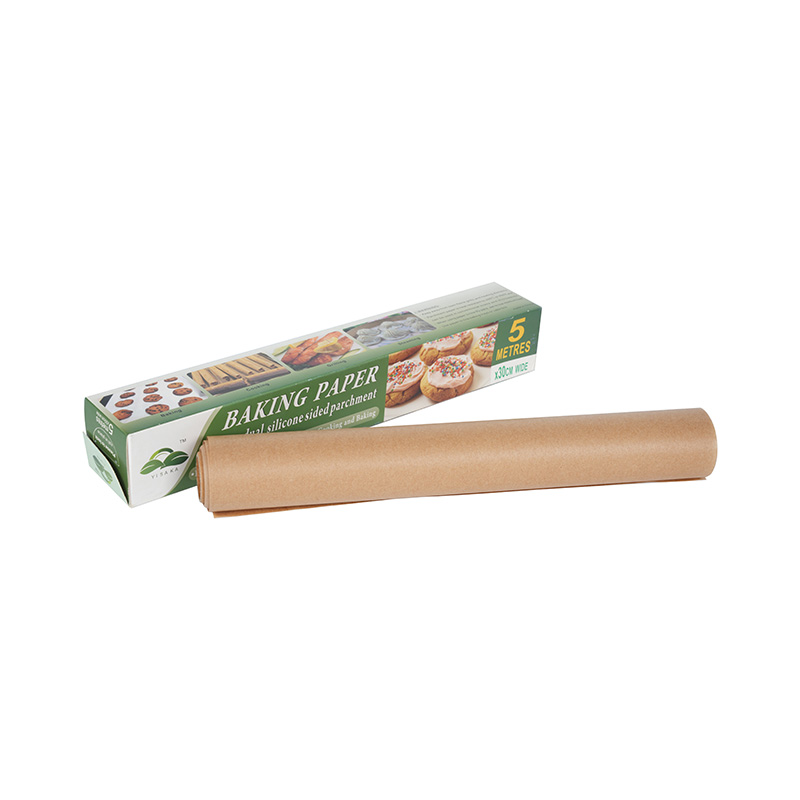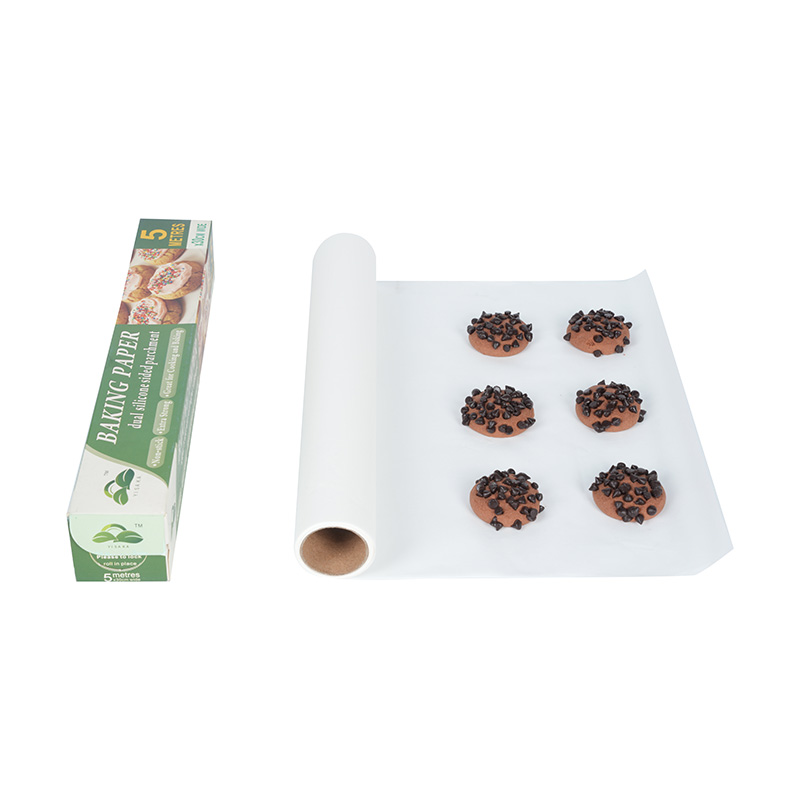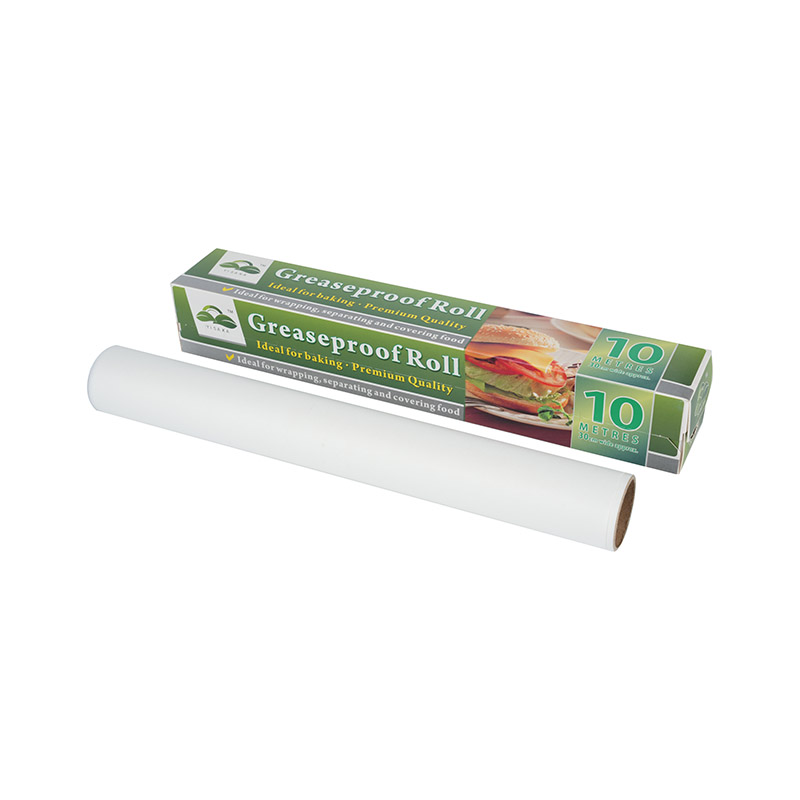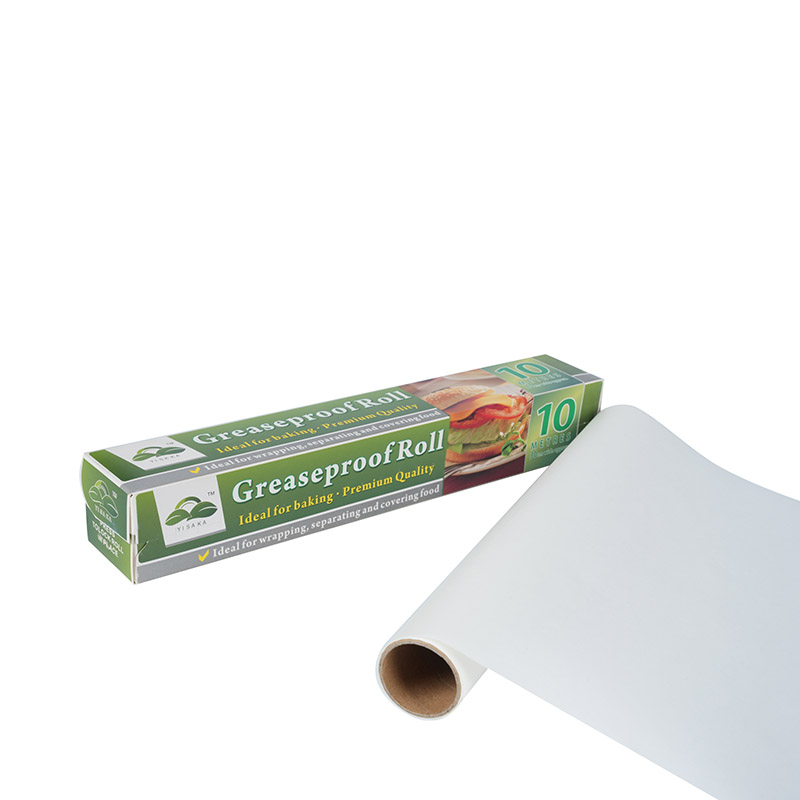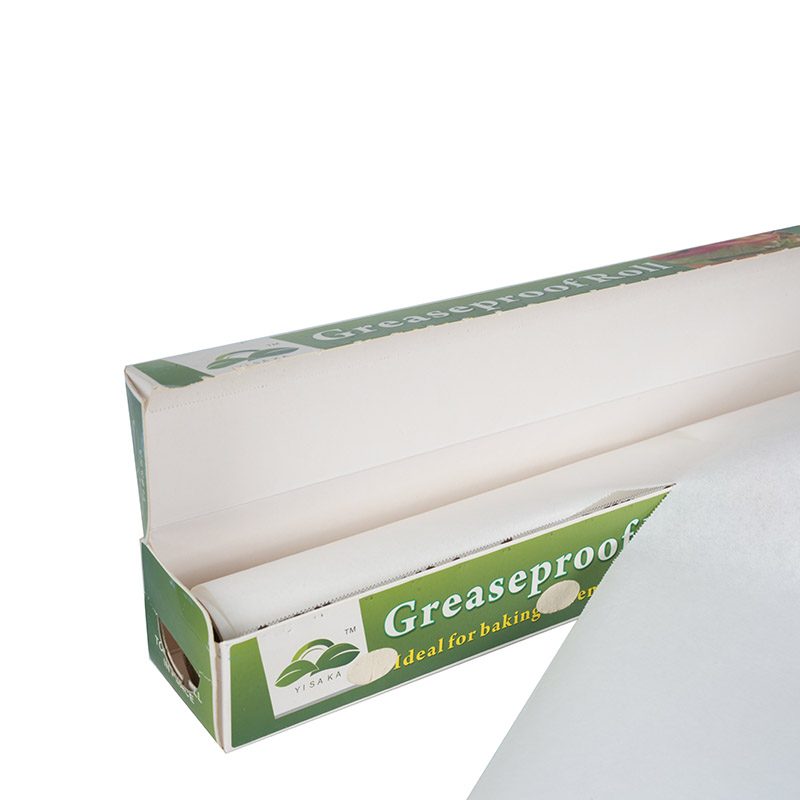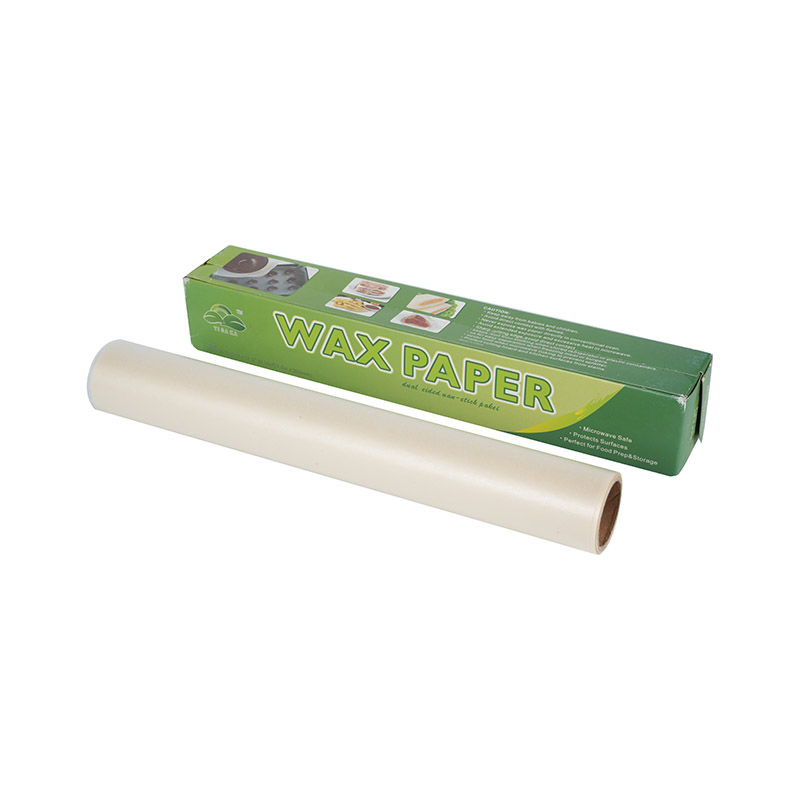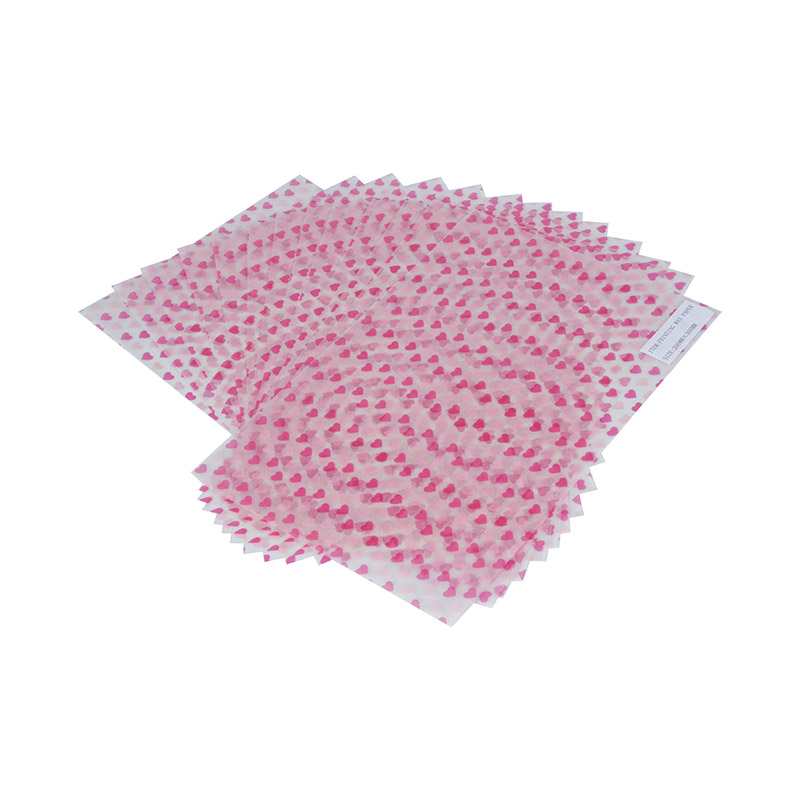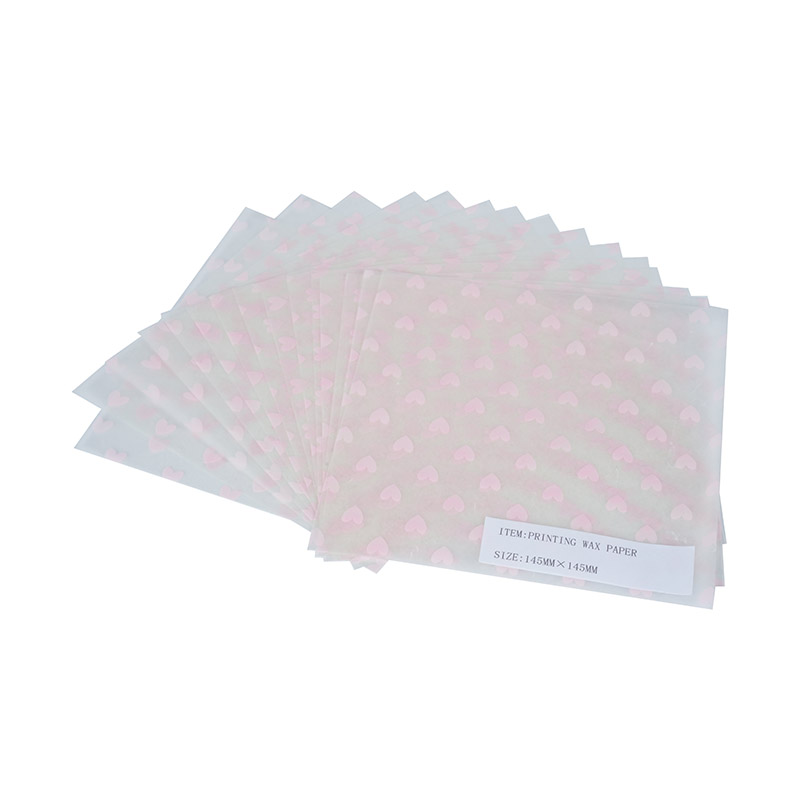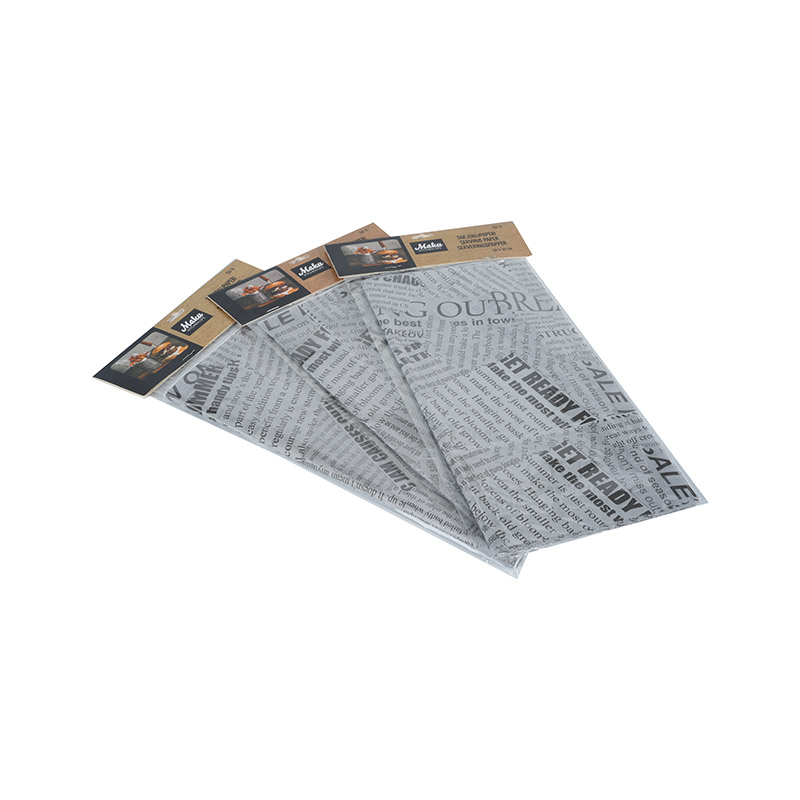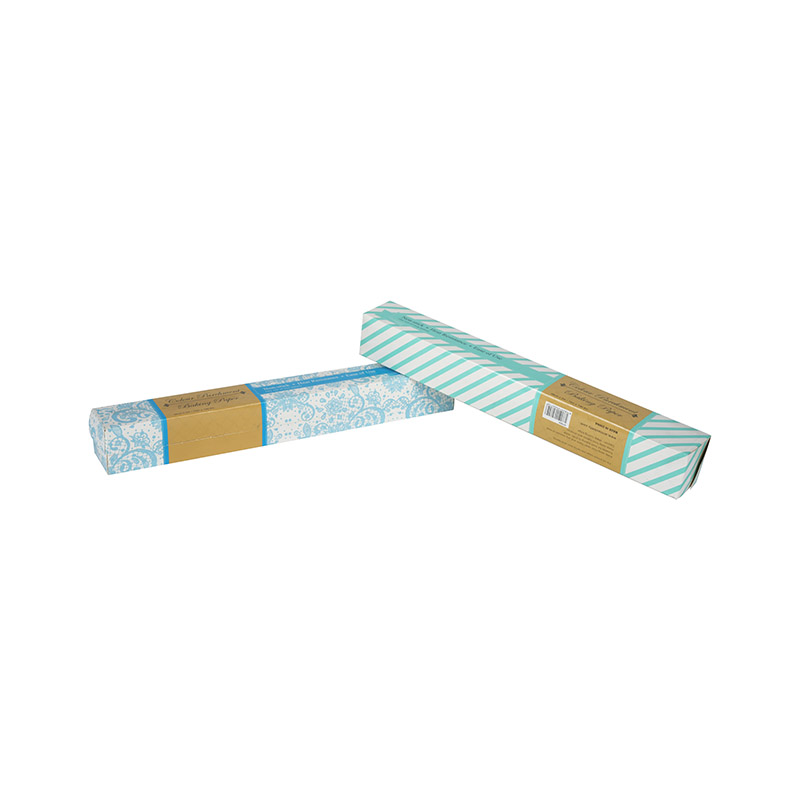In the intricate world of food preparation and packaging, few materials are as indispensable yet unassuming as greaseproof paper. This specialized paper, often taken for granted, plays a pivotal role in ensuring food quality, hygiene, and presentation. Its unique properties make it a cornerstone in professional kitchens, bakeries, and food manufacturing facilities, as well as a common household staple.
What is Greaseproof Paper?
Greaseproof paper is a type of paper that has been treated to resist the penetration of oil, grease, and other fatty substances. Unlike standard parchment or wax paper, its grease-resistant properties are inherent to the paper’s structure itself, rather than from a surface coating. The manufacturing process, known as supercalendering, involves passing the paper pulp through a series of heated rollers under high pressure. This process compresses the paper fibers, reducing the paper’s porosity and creating a dense, smooth surface. The result is a non-porous sheet that effectively blocks grease from seeping through.
Properties and Applications
The primary function of greaseproof paper is to act as a barrier. This simple yet crucial property gives rise to a wide array of applications across the food industry:
-
Baking and Confectionery: In bakeries, greaseproof paper is a go-to for lining cake pans, baking trays, and cookie sheets. It prevents baked goods from sticking to the surface, allowing for easy release and cleanup. Its ability to withstand moderate oven temperatures makes it suitable for lining loaf pans, muffin tins, and even for creating disposable piping bags for icing and cream.
-
Food Wrapping and Storage: Its excellent barrier properties make it ideal for wrapping greasy and oily foods. Delis use it to wrap sandwiches, burgers, and pastries, preventing grease from staining the wrapper and the customer’s hands. It is also used to separate layers of prepared foods like sliced cheeses, meats, and bacon, preventing them from sticking together and maintaining their freshness.
-
Presentation and Service: Greaseproof paper is increasingly used for aesthetic purposes in restaurants and cafes. It can be used as a liner for serving baskets of fries, burgers, or other fried foods, absorbing excess oil and contributing to a clean, rustic presentation. Custom-printed greaseproof paper with a restaurant’s logo or design is a popular way to enhance branding and customer experience.
-
Food Manufacturing and Processing: In industrial settings, greaseproof paper is used for interleaving frozen patties, separating sheets of dough, or as a protective layer in packaging. It ensures that products remain separate and intact, reducing waste and improving efficiency in the production line.
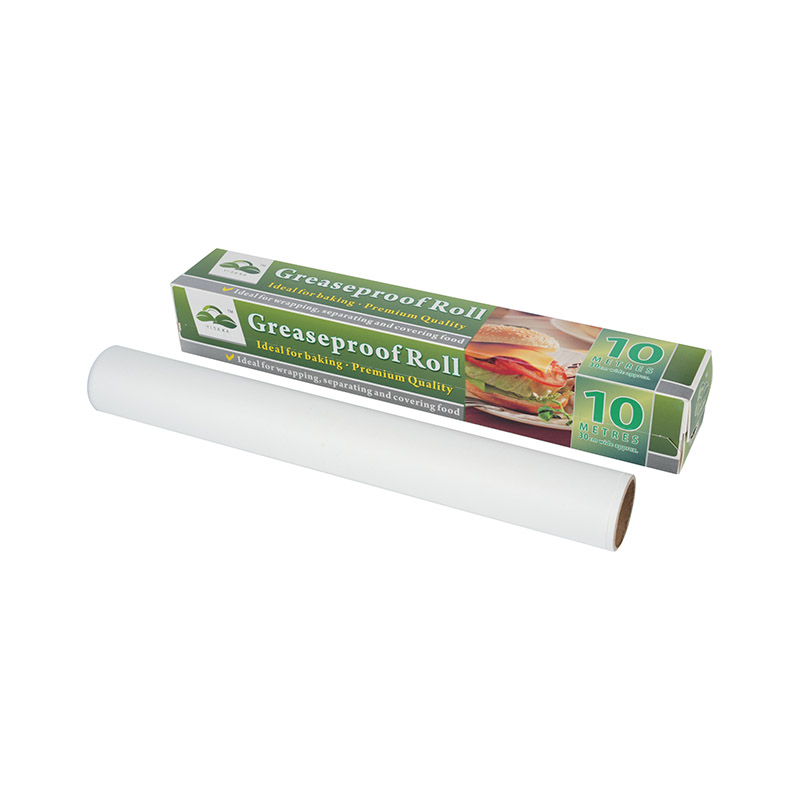
Environmental Considerations and Alternatives
As the world moves towards more sustainable practices, the environmental impact of paper products is a key consideration. While traditional greaseproof paper is typically made from virgin pulp, there are a growing number of eco-friendly alternatives. Some manufacturers now produce recycled or compostable versions. The rise of silicone-based baking paper (parchment paper) offers a reusable and often more heat-resistant alternative, though its production process is different. However, for many single-use applications, especially in wrapping and interleaving, greaseproof paper remains the most practical and cost-effective choice.
Conclusion
Greaseproof paper, with its unassuming appearance and powerful functionality, is a silent hero in the food world. From the simple act of wrapping a sandwich to the complex processes of industrial food manufacturing, its ability to repel grease and moisture makes it an essential tool for preserving food quality, ensuring hygiene, and enhancing presentation. As the culinary landscape continues to evolve, the role of this specialized paper remains as relevant and indispensable as ever.


 English
English русский
русский